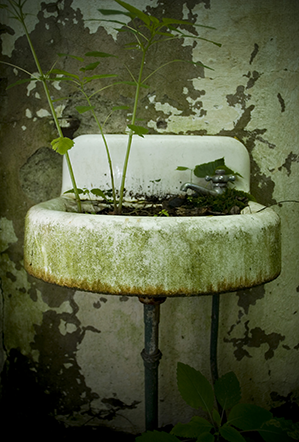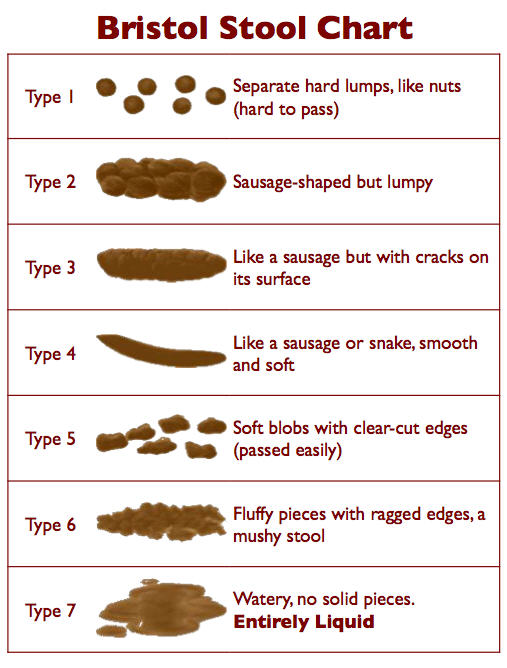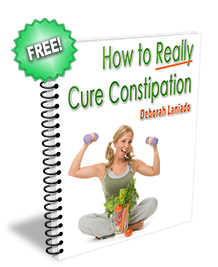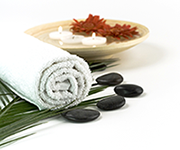What is constipation?
Between your mouth and your anus, the food you eat passes through about nine metres of gut. A lot can go wrong during that journey.
According to the 1996 National Health Interview Survey, there are as many as 4.7 million people in the United States, and about 1 million people in the United Kingdom, who are suffering from constipation at any given time; 1 in every 60 people.
That's millions of people who are in constant pain or discomfort whenever they go to the toilet; millions of people who feel like they are slowly moving small boulders through their intestines.
The time it takes for food to pass through our body varies between person to person, but it's usually between 24-60 hours. Common constipation is where food waste hangs around for longer, perhaps days, or in chronic cases, weeks, even years! You're still taking food in, but it isn't coming out as much or as frequently as it should; the waste keeps building, getting heavier and heavier, and fermenting, which causes bloating and foul smelling gas. Not surprisingly, you feel worse and worse.

Just think what happens when your sink waste disposal unit gets clogged up!
The longer the faeces stay in the colon, the more water is absorbed from them and the harder they become. This increases the risk of faecal toxins passing into the blood stream, which can adversely affect your metabolism and the rest of your body. In addition, the other organs of detoxification (liver, lungs, kidneys, skin and lymphatics) have to work harder and if they get overloaded, this eventually this can lead to more serious conditions like allergies, arthritis, hormonal imbalances—even cancer!
Time for a reality check
You're probably wondering if you really have constipation; whether all this really applies to you. I suspect you wouldn't be reading this report unless you knew something was up. But let's have a quick reality check anyway.
Take a look at the following Bristol stool chart (developed at the University of Bristol). Types 3 and 4 are the "ideal stools" especially the latter, as they are the easiest to pass, and types 5–7 indicate diarrhoea. If you've got types 1 or 2 then you are tending towards constipation.

Now ask yourself the following questions:
- Do you pass faeces only once or twice a week?
- Do you have to strain when you pass faeces (more than 1 in 4 times)?
- Do you feel that the bowel evacuation is incomplete (more than 1 in 4 times)?
- Do you feel pain during the process?
- Have your bowel movements changed recently?
- Do you have haemorrhoids (small painful, itchy bumps on your anus that bleed)?
- Do you feel stomach ache and cramps?
- Do you feel bloated and nauseous?
- Have you recently lost your appetite?
If you have answered 'yes' to two or more of these questions and you're passing pellets or unusually large, lumpy, sausage shapes, then it is likely that you do have constipation.
Free report: "How to Really Cure Constipation" by Deborah Laniado (23 pages)
No need to sign up. Just click on the image below to download your free 23 page special report: "How to Really Cure Constipation".
It contains all these natural cures and information on what constipation is, what causes constipation, what is supposed to happen in your body and an understanding of the disease symptom tree.
All natural guarantee: no pills or harmful techniques.
Inside you'll discover:
- 10 ways to check for constipation.
- 8 types of medicine that can cause constipation.
- Why All-Bran cereal actually makes things worse.
- Why pasta is the worst thing you can eat.
- 7 things you can do right now to cure your constipation naturally.
Go ahead and put in your details above and I'll send your free report immediately.
We'll go into detail about how to cure your constipation with natural methods—no pills or harmful techniques—as well as any related symptoms you may be suffering.
Follow my advice for regular and easy bowel movements—no more straining! You'll also feel renewed energy, fresher breath and you may even lose weight!
Go ahead and sign up now. I'll send you the report immediately.
Call Deborah on 020 7101 4471 for a free phone consultation, check out our prices, or:
Click here to ask Deborah a question >>
If you've already booked an appointment, please check out these 7 tips for how to prepare for a comfortable colonic.

Convenient location
North London Colonics
Side Entrance
192 Goldhurst Terrace
West Hampstead
London
NW6 3HN
Prices
Over 18 years in clinical practice
First 90 minute treatment is £175.
Repeat treatments are £150 (for 1hr).
See prices for more deals.
Clinic hours
Monday to Friday: 8am - 8pm
Saturday: 9am - 6pm
Experienced therapists
Deborah Laniado (CNM, ARCH, Dip. Herb) is an experienced colonic hydrotherapist with 1000s of satisfied clients.



